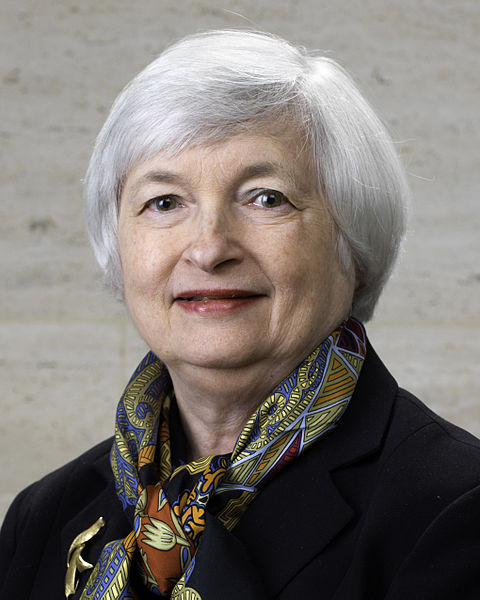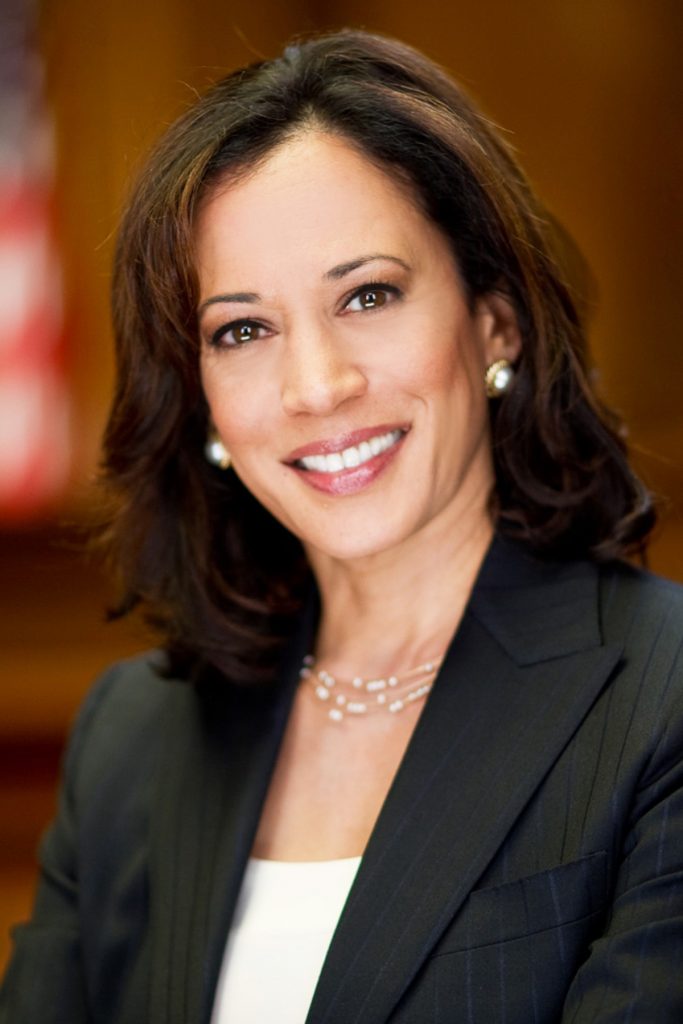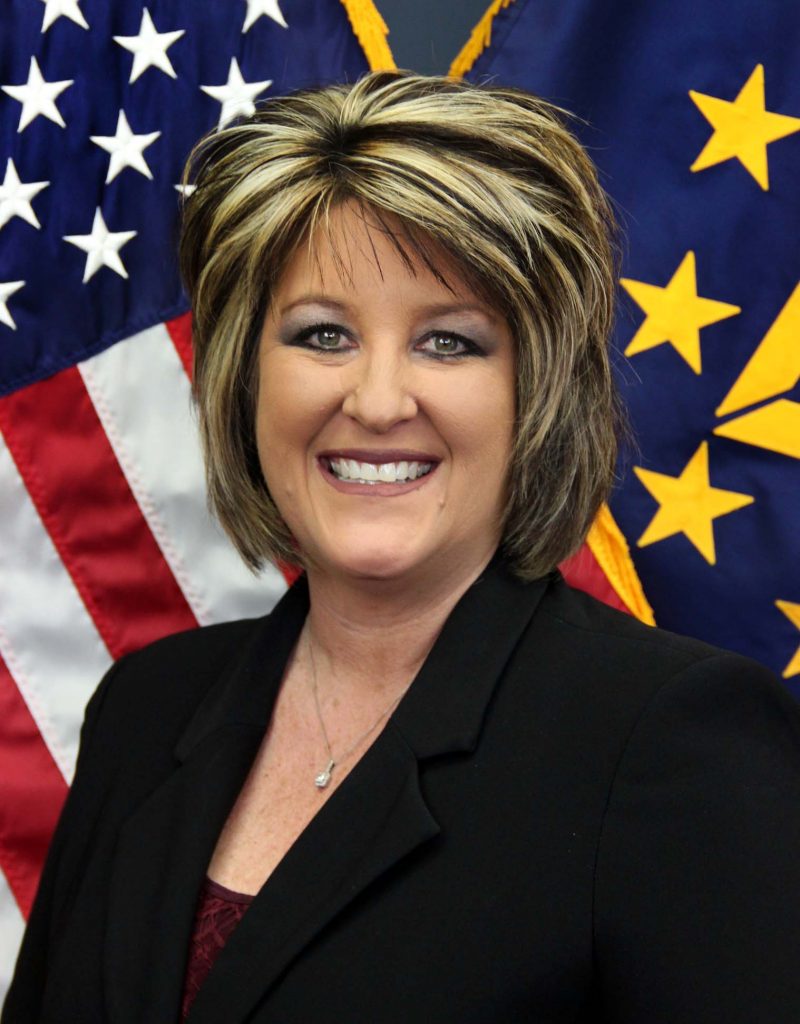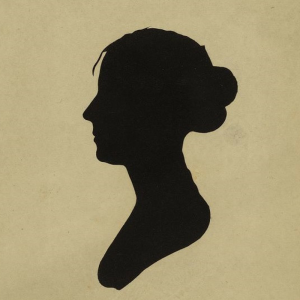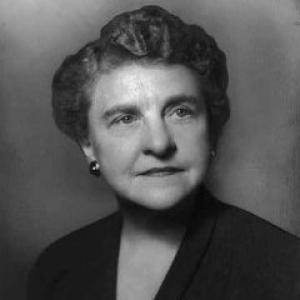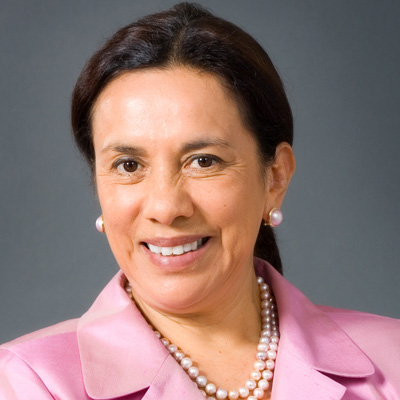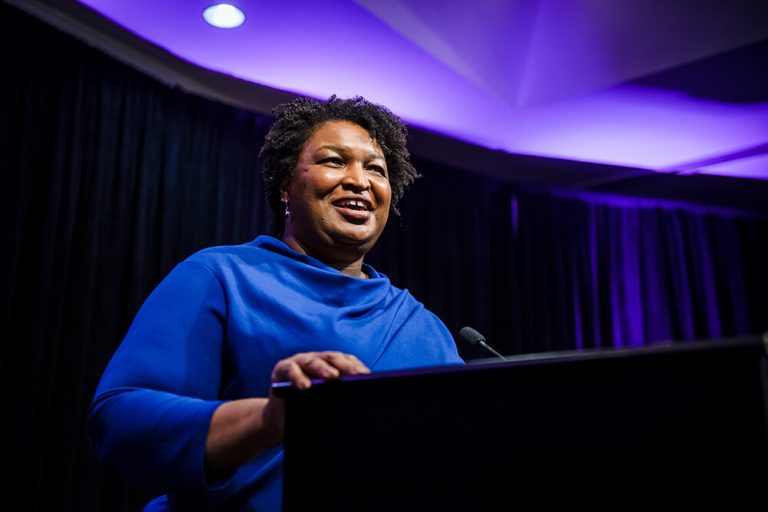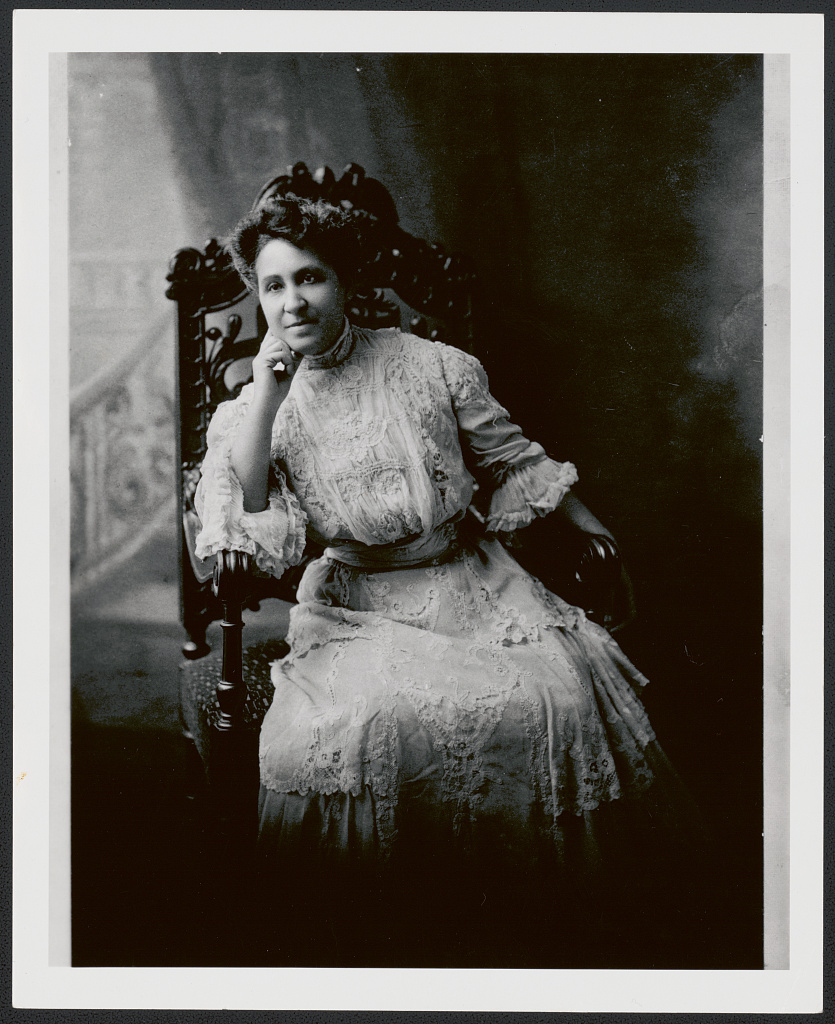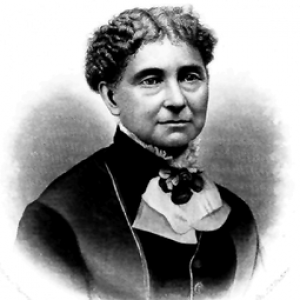Federally Employed Women will present its new premier training event, Virtual Leadership Summit II, on August 9-13 to help its members advance their careers.
The week-long, online training event will offer more than 100 specialized courses on a variety of topics, including EEO, human resources, information technology, project management, as well as management and leadership. All courses align with the Office of Personnel Management (OPM) Executive Core Competencies (i.e. leading people, leading change, business acumen, result driven and building coalitions). FEW’s virtual platform also will have interactive exhibition features and plenty of opportunities for networking. Registration is open.
“It’s always the right time to improve yourself and soar to new heights,” said FEW National President Karen M. Rainey. “Our online event, Virtual Leadership Summit II, will help attendees develop their skills in countless ways without the expense of lodging and travel. Now is the time to rise and create new opportunities for a richer life—from the comfort of your home.”
The Virtual Leadership Summit II offers a range of invaluable workshops, including:
- Workplace Civility
- The Human Dimension of Leadership
- Critical Thinking: A Focused Path to Problem Solving
- Introduction to Project Management Basics
- Building Your Beach – Keys to Building a Leadership Pipeline
About Federally Employed Women
Federally Employed Women (FEW) helps more than one million women in the military and civilian workforce become strategic leaders with its four-pillar program: training, legislation, diversity and compliance. Since 1968, the nonprofit has advocated for equity and diversity for women. FEW works toward advancing women in government with cutting-edge training, nationwide networking and invaluable insight.
FEW members experience a comprehensive program that positions them for professional development and a fulfilling career in the federal workforce.
Consider how the association’s experience helps advance its members:
- Training: FEW provides members with knowledge about 1) the federal system, 2) career development and planning techniques, and 3) personal effectiveness and awareness of the broader issues that impact women. The nonprofit produces nationwide training on the national, regional and chapter levels.
- Mentoring: FEW offers mentoring opportunities to advance professional development and leadership skills through the year.
- Networking: FEW delivers opportunities for members to network and develop mutually beneficial, professional relationships that will help them advance in their careers.
- Community Outreach: FEW provides countless community outreach opportunities on the chapter level that give back to communities, sparking fellowship among members.
- Legislation: FEW represents federally employees’ concerns and interests before legislative and judicial bodies. We also produce a “scorecard” that recognizes congressional members who support our agenda.
- Diversity: FEW develops strategies to identify and eliminate barriers and increase diversity by examining the demographics of the workforce, including socioeconomic status, communication, thinking styles and family composition.
- Compliance: FEW works with federal agencies to help deliver a more equitable and diverse workforce. We monitor the progress made by the federal government in achieving equal employment opportunity evidenced by its adherence to statutory civil rights protections.
- Member Benefits: FEW offers various member benefits ranging a job bank, legal consultations, a newsletter and discounts on training.
For more information about advancing your career, please visit FEW.org.



